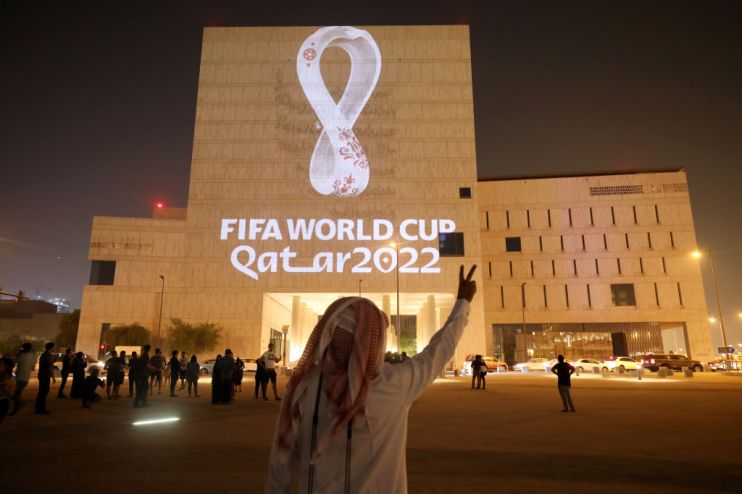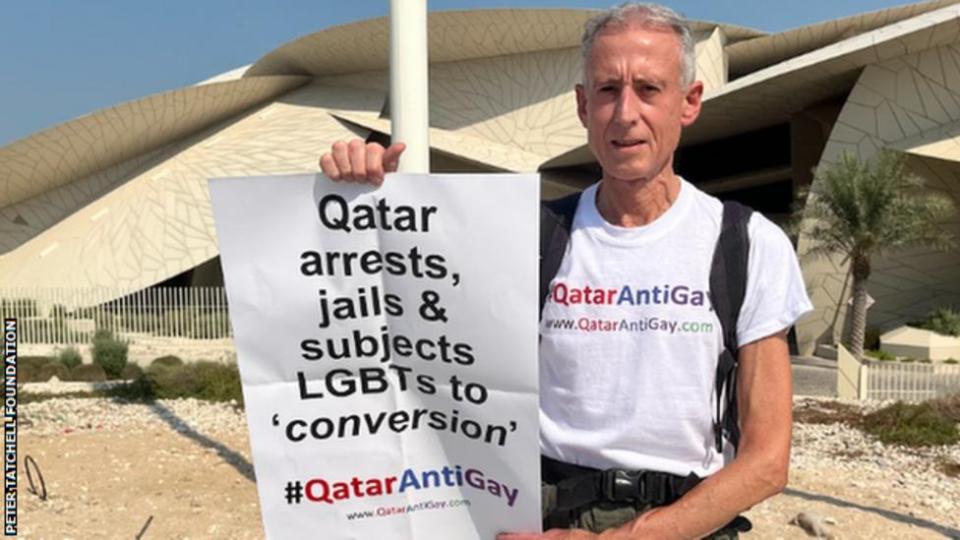Outrage grows as UK urges LGBT football fans to ‘compromise’ their sexuality during World Cup in Qatar

James Cleverly, this week re-appointed as Foreign Secretary, is increasingly under fire for comments he made about how British LGBT football fans should behave while in Qatar for the World Cup.
A range of celebrities and thousands of people have taken to social media to express their dismay about Cleverly’s stance.
The Foreign Secretary urged LGBT Brits who plan to travel to Qatar during the World Cup football tournament to “compromise” their sexuality.
Asked about the safety of gay people in Qatar, Cleverly told radio station LBC that Qatari authorities “want to make sure that football fans are safe, secure and enjoy themselves.
However, the senior Tory did add that British LGBT people in Qatar “are going to have to make some compromises in terms of what is an Islamic country with a very different set of cultural norms to our own.”
He said gay football fans who travel to the tiny Middle Eastern nation that they should make every effort to “respect Islamic cultural norms.”
The comments have led to furious responses. Former footballer and commentator Gary Linker took to Twitter, writing: “Whatever you do, don’t do anything Gay. Is that the message?”
Cleverly’s comments followed the arrest of gay rights campaigner Peter Thatchell in Qatar.
Officials in the oil-rich country stopped the well-known LGBT campaigner as he was staging a protest in the country.
Thatchell said he was “arrested and detained on the kerbside” in Doha on Tuesday, following a one-man protest that challenged Qatar’s treatment of LGBT people.

With regards to Thatchell’s arrest, Cleverly said he had not spoken to the government of Qatar, but confirmed he was being supported by the Foreign Office.
The Qatari government, however, denied Thatchell had been arrest. They released a statement saying “an individual was asked to move” but claims of an arrest were “completely false.”
Speaking on BBC Radio 4’s programme The World Tonight Thatchell said “we were not free to leave or move” nor “free to continue the protest”.
“Eventually we were told very clearly it was in our interest to leave the country as soon as convenient,” he added.